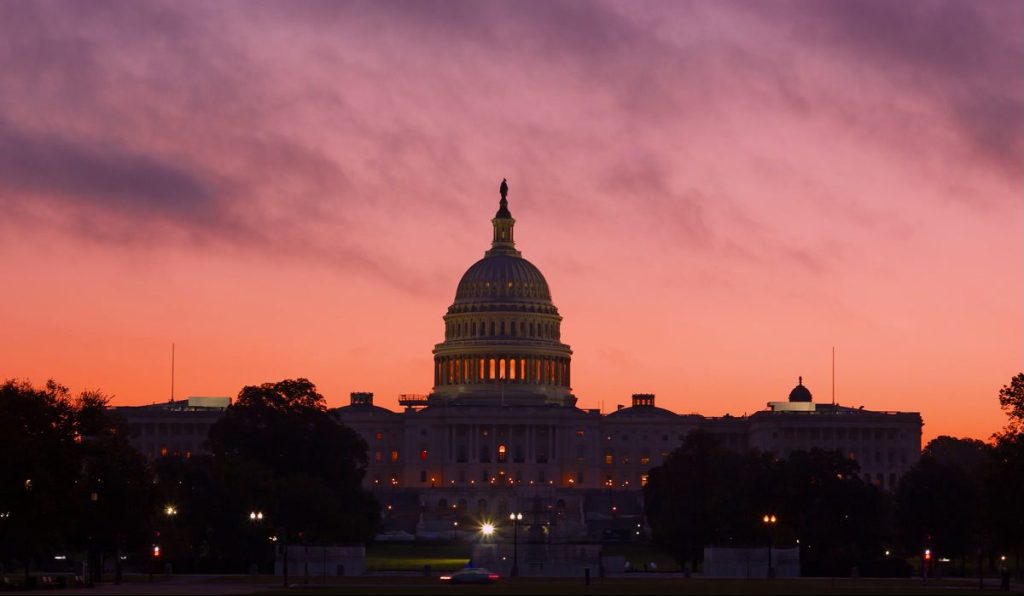Alanna McCargo, senior advisor at the Department of Housing and Urban Development, has been picked by the Biden administration to head Ginnie Mae.
The position of GNMA president has notably sat vacant for close to five years, with Ted Tozer, the last permanent president, resigning in 2017. Since then, the industry has been waiting with bated breath for someone to fill the role.
If confirmed, it is expected that McCargo will lean on her background, which has predominantly focused on using data and analytics to better understand housing disparities, to further the administration’s fair housing agenda.
According to McCargo’s LinkedIn profile, she is a recent addition to HUD, having transitioned there in January 2021. Prior to her role at the department, McCargo served as the vice president for the Housing Finance Policy Center at the Urban Institute.
There, McCargo “led the development of research programming and strategy” and helped with the “development of research programming and strategy as well as key industry, nonprofit, and data collaborations for the center,” her bio on the UI’s website said.
She also worked at CoreLogic as the head of government solutions and held various leadership roles with JPMorgan Chase and Fannie Mae.
Michael Bright, interim president at Ginnie Mae from 2017 to 2019, said that McCargo is a great pick.
“She’s intelligent and good to work with,” Bright told HousingWire.
He also added that filling the role will give “Ginnie investors, Ginnie issuers, and everyone who finances the program more confidence that the agency has a direct line into the White House and in front of Congress.”
In the past year, Ginnie Mae, whose total outstanding principal as of Aug. 31 was $2.12 trillion, announced several initiatives that made waves in the industry.
Specifically, the government guarantor unveiled a 40-year mortgage term for issuers. GNMA said that it expects to roll out this pool type by October.
The agency also introduced updates to their eligibility requirements for single-family mortgage-backed securities issuers, which received backlash from the industry. The jury is still out whether these updates will actually be implemented.






